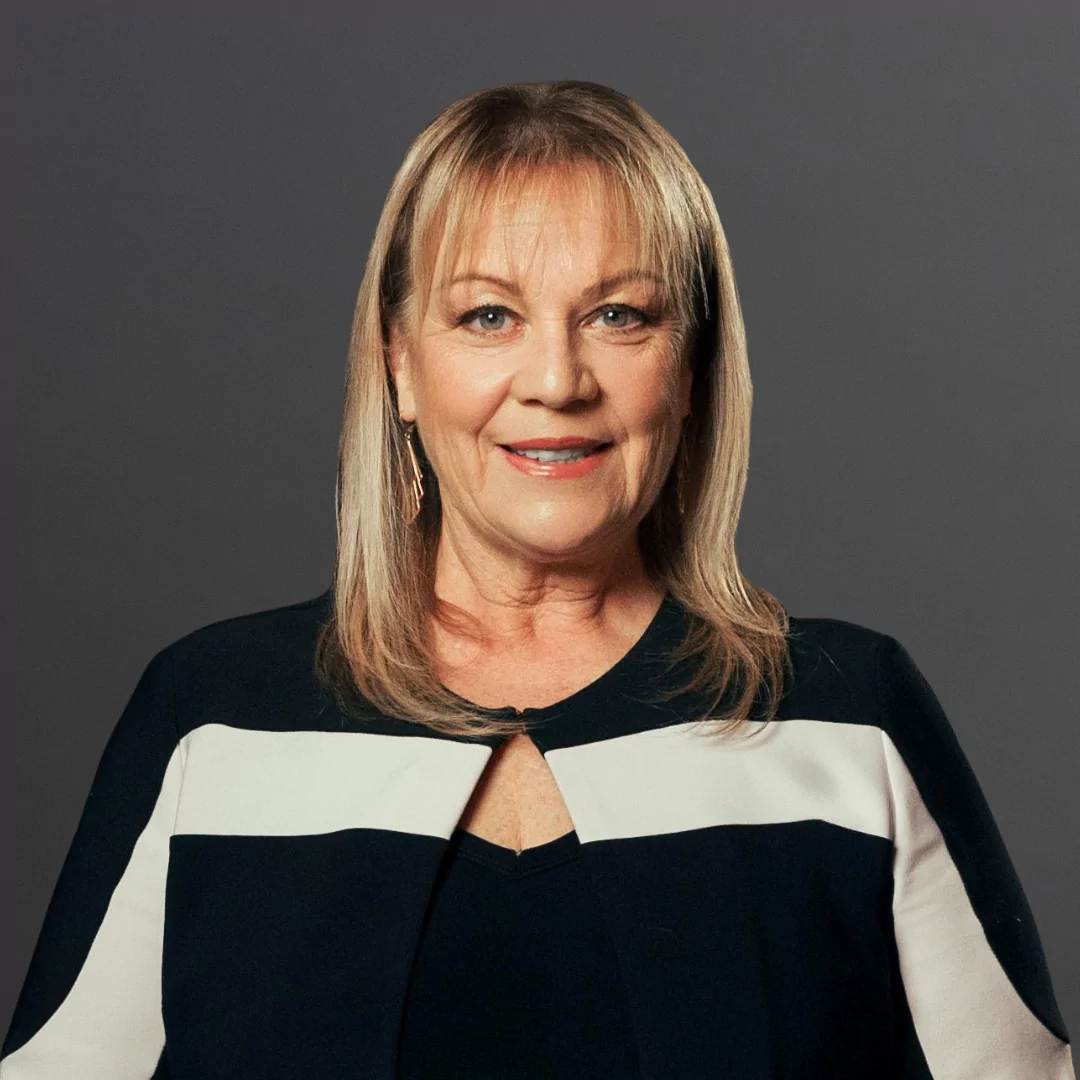Table of Contents
Chris Lynch
Chris Lynch is a journalist, videographer and content producer, broadcasting from his independent news and production company in Christchurch, New Zealand.
Nurses in New Zealand seeking to be enrolled or registered will now need to address the “impact of colonisation” on health as part of new cultural competency standards.
The revised scopes of practice for Enrolled Nurses (EN) and Registered Nurses (RN) are set to take effect on 20 January 2025.
The updated Standards of Competence require nurses to demonstrate kawa whakaruruhau (Māori cultural safety) by addressing power imbalances in healthcare settings and working collaboratively with Māori to support equitable health outcomes.
The standards place a strong emphasis on cultural competency, including the need for nurses to establish therapeutic relationships with individuals, whānau, and communities. They must also recognise the importance of whanaungatanga (building relationships) and manaakitanga (hospitality and respect) in fostering collective wellbeing.
One of the more significant additions involves requiring nurses to “describe the impact of colonisation and social determinants on health and wellbeing”. Additionally, nurses must advocate for individuals and whānau by incorporating cultural, spiritual, physical, and mental health into whakapapa-centred care (care focused on family and ancestral connections).
The new Standards of Competence have faced sharp criticism from some nurses, who argue the requirements impose ideological perspectives and unnecessarily complicate training processes.
However, none were willing to speak on the record for fear that voicing their concerns could jeopardise their employment.
New Zealand First health spokeswoman Jenny Marcroft criticised the changes in a recent YouTube video, describing them as an example of “woke academia” interfering with clinical priorities.

“A woke academia virus has infected the Nursing Council for putting cultural kumbaya ahead of clinical safety priorities,” Marcroft said. “The imposition of cultural safety and the necessary processes to measure and award a cultural safety certification to tens of thousands of health workers is an expensive, distracting, and unnecessary priority.”
“Pressure on health workers has never been greater than it currently is. Nurses are already the most caring people amongst us. They don’t need quasi-political interference in their workplaces. We need to restore the balance between clinical care and cultural safety in the reality of the workplace in its current state,” she added.
Marcroft also raised concerns about potential professional consequences for nurses who fail to meet the cultural requirements.
“The new Registered Nurse Standards of Competence require nurses to know about colonisation, tikanga, and use te reo. Will that mean they get canceled if they don’t? This has happened to others who have lost their jobs and livelihoods, including those in real estate and other professions. Nurses are health workers, not social workers,” she said.
ACT Party health spokesman Todd Stephenson also voiced opposition.
“Once upon a time, being a nurse was a matter of having the right skills and a kind heart. Now we are asking nurses to have the ‘correct’ views on the Treaty of Waitangi and to make assumptions about patients’ needs based on their ethnicity.
“Rather than seeing patients as people with basic humanity and individual needs, nurses are being told to focus on their patients’ ethnic identity.”
“Clinical needs are sidelined in favour of a focus on the Treaty, ‘cultural safety,’ and even spiritual concerns,” Stephenson said.

“I have been contacted by nurses who are bewildered by the standards and are concerned they will be required to take extensive additional training when they would rather focus on improving individual nursing skills.”
“You have to wonder how we’re meant to attract overseas-trained nurses when our bespoke local standards send the message that their skills and experience are not valued here,” he added.
The Nursing Council declined to answer specific questions about the new standards. However, in a statement, it said:
Under the Health Practitioners Competence Assurance Act 2003 (the Act), the Nursing Council of New Zealand (the Council) protects public health and safety by providing mechanisms to ensure nurses are competent and fit to practise.
This is achieved through mechanisms such as setting scopes of practice and standards of competence. In 2019, a change was made to section 118(1)(i) of the Act requiring the Council to set standards of cultural competence, including competencies that will enable effective and respectful interaction with Māori.
The standards of competence have been produced following extensive consultation with the profession, health consumers, and other stakeholders. They are structured to support and guide nurses to deliver quality care across various clinical settings. These standards are organised into pou, representing strength and support, each accompanied by descriptors that detail safe and effective practice expectations.
This article was originally published by Chris Lynch Media.









